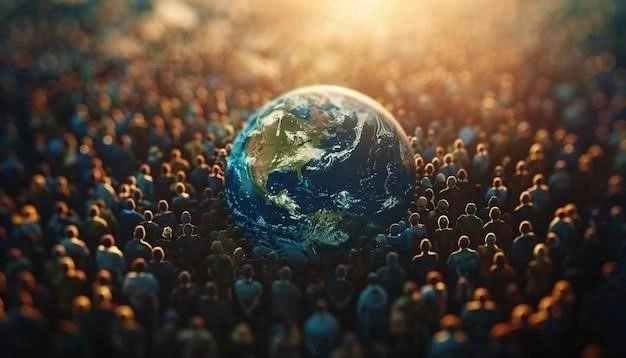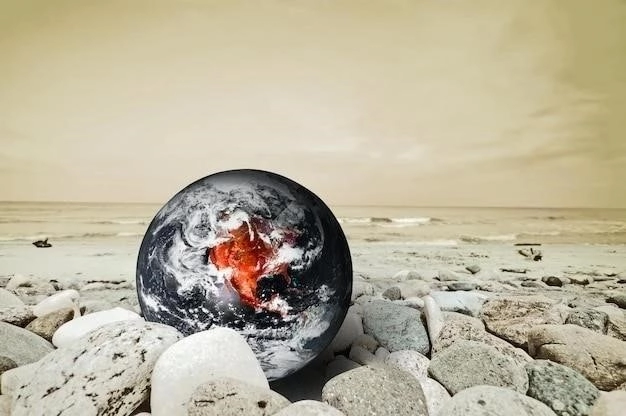Climate change is one of the most pressing issues of our time, with far-reaching consequences for the environment, society, and the global economy. Understanding the science behind climate change is crucial for developing effective mitigation and adaptation strategies.

What is Climate Change?
Climate change refers to long-term shifts in global temperatures and weather patterns. While climate has fluctuated throughout Earth’s history due to natural factors, the current warming trend is occurring at an unprecedented rate and is primarily driven by human activities.
The Greenhouse Effect and Human Influence
The Earth’s atmosphere contains greenhouse gases, such as carbon dioxide (CO2)٫ methane (CH4)٫ and nitrous oxide (N2O)٫ which trap heat from the sun. This natural process٫ known as the greenhouse effect٫ is essential for maintaining a habitable planet. However٫ human activities٫ particularly the burning of fossil fuels (coal٫ oil٫ and gas)٫ have significantly increased the concentration of greenhouse gases in the atmosphere٫ enhancing the greenhouse effect and leading to global warming.
Evidence of Climate Change
Multiple lines of evidence provide unequivocal proof of climate change:
- Rising Global Temperatures: Global surface temperatures have increased by about 1 degree Celsius (1.8 degrees Fahrenheit) since the late 19th century, with the last four decades being successively warmer.
- Sea Level Rise: The global sea level has risen by about 8-9 inches (21-24 centimeters) since 1880٫ primarily due to the expansion of seawater as it warms and the melting of glaciers and ice sheets.
- Ocean Acidification: As the ocean absorbs excess CO2 from the atmosphere٫ its pH level decreases٫ leading to ocean acidification. This poses a significant threat to marine ecosystems٫ particularly coral reefs and shellfish.
- Extreme Weather Events: Climate change is increasing the frequency and intensity of extreme weather events, such as heatwaves, droughts, floods, and hurricanes.
Impacts of Climate Change
The impacts of climate change are already being felt worldwide, and they are projected to become more severe in the future. Some of the key impacts include:
- Impacts on Human Health: Extreme heat can lead to heatstroke, respiratory problems, and cardiovascular disease. Climate change can also exacerbate the spread of infectious diseases.
- Impacts on Ecosystems: Climate change is altering ecosystems, leading to shifts in species distributions, changes in phenology (timing of biological events), and increased risk of extinction for many plant and animal species.
- Impacts on Water Resources: Climate change is affecting water availability, with some regions experiencing more frequent and severe droughts, while others face increased flooding.
- Impacts on Agriculture: Changes in temperature and precipitation patterns can impact crop yields and livestock productivity, posing risks to global food security.

Mitigation and Adaptation
Addressing climate change requires a two-pronged approach:
- Mitigation: Reducing greenhouse gas emissions through a transition to clean energy sources, improving energy efficiency, and promoting sustainable land use practices.
- Adaptation: Adjusting to the impacts of climate change that are already being felt and preparing for future impacts. This includes measures such as building seawalls to protect coastal communities from sea level rise and developing drought-resistant crops.

The Role of Science and International Cooperation
Science plays a critical role in understanding climate change, informing policy decisions, and developing innovative solutions. International cooperation is essential for addressing this global challenge, as greenhouse gas emissions from one country can affect the entire planet.
Conclusion
Climate change is a complex and multifaceted issue with far-reaching consequences; By understanding the science behind climate change, we can develop effective strategies to mitigate its impacts and adapt to a changing world. It is imperative that we act now to reduce greenhouse gas emissions and build a more sustainable future for generations to come.










